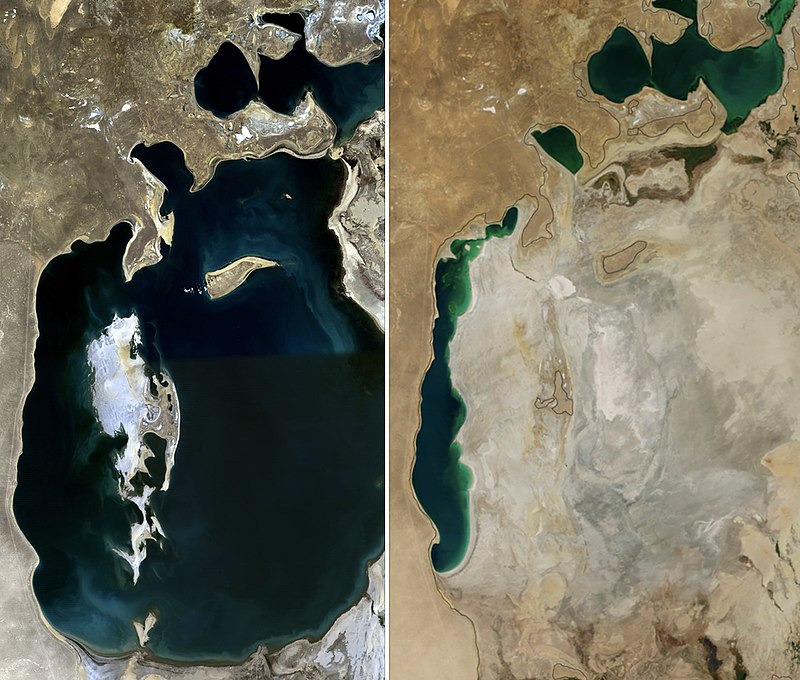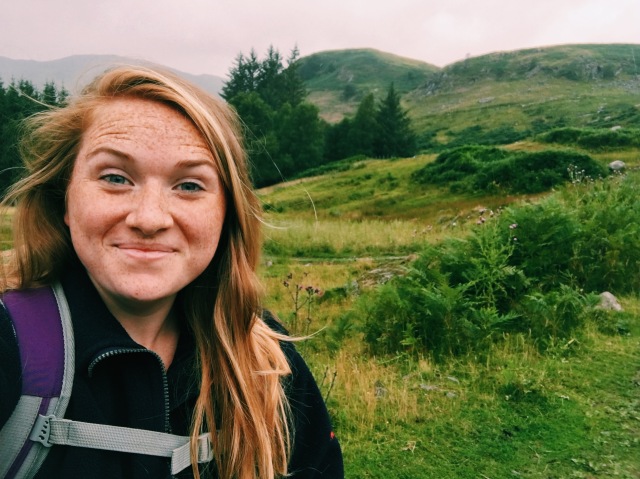Fast fashion. One of the hottest topics at the minute. It seems to encompass some of the most detrimental systems in our world surrounding social, economic and environmental issues, but what do we do about it? Is there really a way to look good without costing the earth?
The 2013 collapse of the Rana Plaza in Bangladesh probably rings a few bells, and rightly so. This was one of the largest contributors to exposing just one angle of the fast fashion crisis. Inadequate working conditions and little regard for the well-being of employees was just the tip of the iceberg. What was to follow was an in-depth reflection into our modern day consumerism lifestyles, and the impact they are having across the globe.
When we talk about fast fashion we mean the emphasis on rapid supply chain production and sales of clothing ‘trends’. We have moved away from spring, summer, autumn, and winter collections, having continual new design and production of clothes all year round. When I was attending an event about ‘ethical fashion’, I heard that it takes an average of 16 days for a garment to be designed, manufactured and made available in our high street shops. This is absurd. We have engineered a system which is flushing cheap clothing into our stores and into our wardrobes. This is an unsustainable practice. We are producing more than our world can cope with, both in terms of natural resources and waste disposal.
Stacey Dooley presented an amazing documentary on the BBC all about the true cost of our fast fashion industry, focusing on the example of the Aral sea almost completely disappearing due to the production of cotton in Kazakstan. This sea was originally 26,000 miles squared which is roughly the size of Scotland. This used to be the fourth largest lake in the world, but as you can see from the photo below, at one point in time it almost disappeared. It shrank to around 10% of its original size. This is because farmers were diverting the rivers which fed into it in order to water their cotton crops.

The Aral Sea; a comparison between 1989 (left) and 2014 (right).
Cotton is a highly water intensive crop. In the life cycle of one cotton t-shirt, it takes about 2,700 litres of water from start to finish to grow, manufacture and sell. That is over two months worth of showers. The high demand for cotton and new clothes is driving the environmental crisis across our world. It is crazy to think that human actions almost resulted in the complete loss of a sea.
Fast fashion is also associated with large chemical pollution into the environment. The fashion industry is the second largest polluter in the world, after the oil industry. Shifting from these practices not only supports fair wages and good working conditions, it also fights for a cleaner earth!
It has recently emerged that tiny micro plastics are being washed into our water courses every time we do a load of laundry – about 7000 to be exact! One interesting fact I learned about this is that older clothes actually shed less! This means that the more we wear our clothes and the longer we keep them, the less micro plastics we are washing into our environment. One other solution which is on the market right now is a Guppy Bag! This is something you put your washing in to catch those nasty plastics! Wearing clothes with more natural fibres also avoids this pollution.
So what can we do about it?
There are so many options for clothing yourself more sustainably:
- Buy second hand; whether thats from a charity shop, thrift shop, or swap with family or friends
- looking through the #thriftstorefind will get you excited about how good you can look in something second hand!
- Buy sustainably; finding organic certified clothing reduces the amount of harmful chemicals released and ensures sensible farming practices to mitigate against another extremely detrimental environmental event happening!
- Three great brands you should check out are @lucyandyak , @monkeegenes and @boodywearuk – they are tackling sustainable fashion in different ways, but all working towards more ethical choices
- Make do and mend; keeping our clothes for longer and mending them when they need fixed!
- a great account to follow for inspiration is @serenasews_ showing exactly what you can make from slightly outdated or odd charity shop finds, and some great homemade outfits!
Hopefully these have given you a good idea of the way you can make a change to your lifestyle! Do one, or do them all…but every swap makes a difference!

Just a little red number from Lucy and Yak, with my BoodywearUK bamboo top underneath – and the charity shop converse of course!
A little bit more about Lucy and Yak. They are an ethical and sustainable fashion brand making the cutest dungarees I’ve ever seen. What’s even better is their transparency and ethics surrounding where and how their clothes are made. The employees in their factory in India are paid 4 times the state minimum wage, in high standard working conditions with the flexibility to work part time. They use biodegradable packaging, organic cotton and pay their workers in the UK above the living wage! YES!

My usual look; charity shop shoes and trousers, with my flatmate’s hand-me-down jumper and jacket!
A little bit more about BoodywearUK. They were born in Sydney, Australia as a challenge to design simple, comfortable and attractive apparel with earth-friendly materials. While searching for years for the most comfortable underwear and base layers, they discovered the viscose made from bamboo and never looked back! Bamboo is actually one of the fastest growing trees globally. Bamboo is essentially a grass, growing considerably faster than trees, and some varieties can grow four feet in one day! In terms of harvesting, the yield can be 25 times that from regular tree species. Bamboo is also sustainable; unlike a tree you can harvest it without damaging the original plant, and it regenerates in 3-5 years! It is also a plentiful plant, generating around 200 poles in five years and doesn’t need pesticides or herbicides to grow, it doesn’t need irrigation (watering), it captures carbon from the atmosphere, it produces more oxygen than an equivalent stand of trees, it is excellent at binding soils to create more stability and it can be produced into fibres for things like clothing, and this means it has a lower impact than synthetic comparative fibres! There are chemicals involved in the process of making fibres (rayon) which need to be taken into account, however you must remember that these are used in replace of plastic and other non-renewable resources! So…we love bamboo!

Event for a wedding there are sustainable choices; charity shop dress, borrowed the shoes from my flatmate and scarf from my mum, and using an old bag!

A little bit of DIY to fix my bag, no need for a new purchase!
Why not start to explore the world of sustainable, slow fashion! You’ll be amazing how good you look and feel!

















 Laura has also been influencing her home church of NMBC by putting an ecological spin on their yearly harvest service. Laura was approached by her mother, who is an Elder at NMBC, and their Minister Brian More to create a different kind of service. Laura then came up with the idea of Eco Harvest and set about working with her friend and illustrator Nicola on the idea she had.
Laura has also been influencing her home church of NMBC by putting an ecological spin on their yearly harvest service. Laura was approached by her mother, who is an Elder at NMBC, and their Minister Brian More to create a different kind of service. Laura then came up with the idea of Eco Harvest and set about working with her friend and illustrator Nicola on the idea she had. Laura’s ultimate goal is for the church to rise up and lead the world in environmental living, She wants to see every church be sustainable and every church consider solar panels. She would like every Christian to think about this quote by Anna Lappe when they are going to buy something: “Every time you spend money, you’re casting a vote for the kind of world you want.” In other words, any time you buy sustainably and with the environment in mind, you are making the choice to help save God’s Green Planet.
Laura’s ultimate goal is for the church to rise up and lead the world in environmental living, She wants to see every church be sustainable and every church consider solar panels. She would like every Christian to think about this quote by Anna Lappe when they are going to buy something: “Every time you spend money, you’re casting a vote for the kind of world you want.” In other words, any time you buy sustainably and with the environment in mind, you are making the choice to help save God’s Green Planet.













